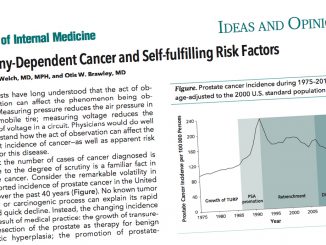In the six months after a diagnosis of cancer, suicide risk increases significantly, up to 20% relative to the general population, according to a paper recently published on JAMA Psychiatry.
To evaluate the impact of a cancer diagnosis on suicide risk, a group of British researchers led by Katherine E. Henson from the National Cancer Registration and Analysis Service, Public Health England, in London, used a U.K. cancer registry and death certificate data to study 4.7 million people in England who were diagnosed with a malignant tumor between 1995 and 2015.
They found that 2491 individuals, representing the 0.08%, who died during the study period committed suicide. Compared to the general population, those who received a cancer diagnosis have 20% increase in the risk of suicide, which translated to 0.19 excess deaths per 10,000 person-years. The observed increase was especially high in the first 6 months, and remained elevated throughout the first 3 years. Cancer types associated with particularly elevated risks were mesothelioma, pancreatic, lung, esophageal, and stomach cancers.
Clinicians should not just recognize who is at risk for suicide, but when. Prediction of suicide is difficult, mechanisms of suicide among patients with cancer are likely to be heterogeneous, and immediate intervention is crucial. “The increased risk in the first 6 months after diagnosis may indicate an unmet need for psychological support” write Henson and colleagues. Their findings suggest to improve psychological support for all patients with cancer, and to pay more attention to modifiable risk factors, such as pain, particularly in specific cancer groups.
However, in the analysis the researchers did not adjust for preexisting psychiatric disorders or other potential confounders, such as alcohol or drug misuse. “It has been demonstrated in a study of national cancer registration data that suicide risk is not explained by preexisting psychiatric conditions” they stated.
“We advocate for researchers studying suicide to move beyond simple studies that test the role of mental disorders or small sets of sensitive but non-specific sets of known risk factors. What is needed now are studies that provide data on novel constructs (ie, beyond the set of usual suspects), as they unfold in real-time, during periods of known heightened risk, that can be used to test the complex and dynamic interactions that likely lead to suicidal thoughts and behaviors” comment in an accompanying editorial (https://jamanetwork.com/journals/jamapsychiatry/fullarticle/2714593) Matthew K. Nock and colleageues from Harvard University.





